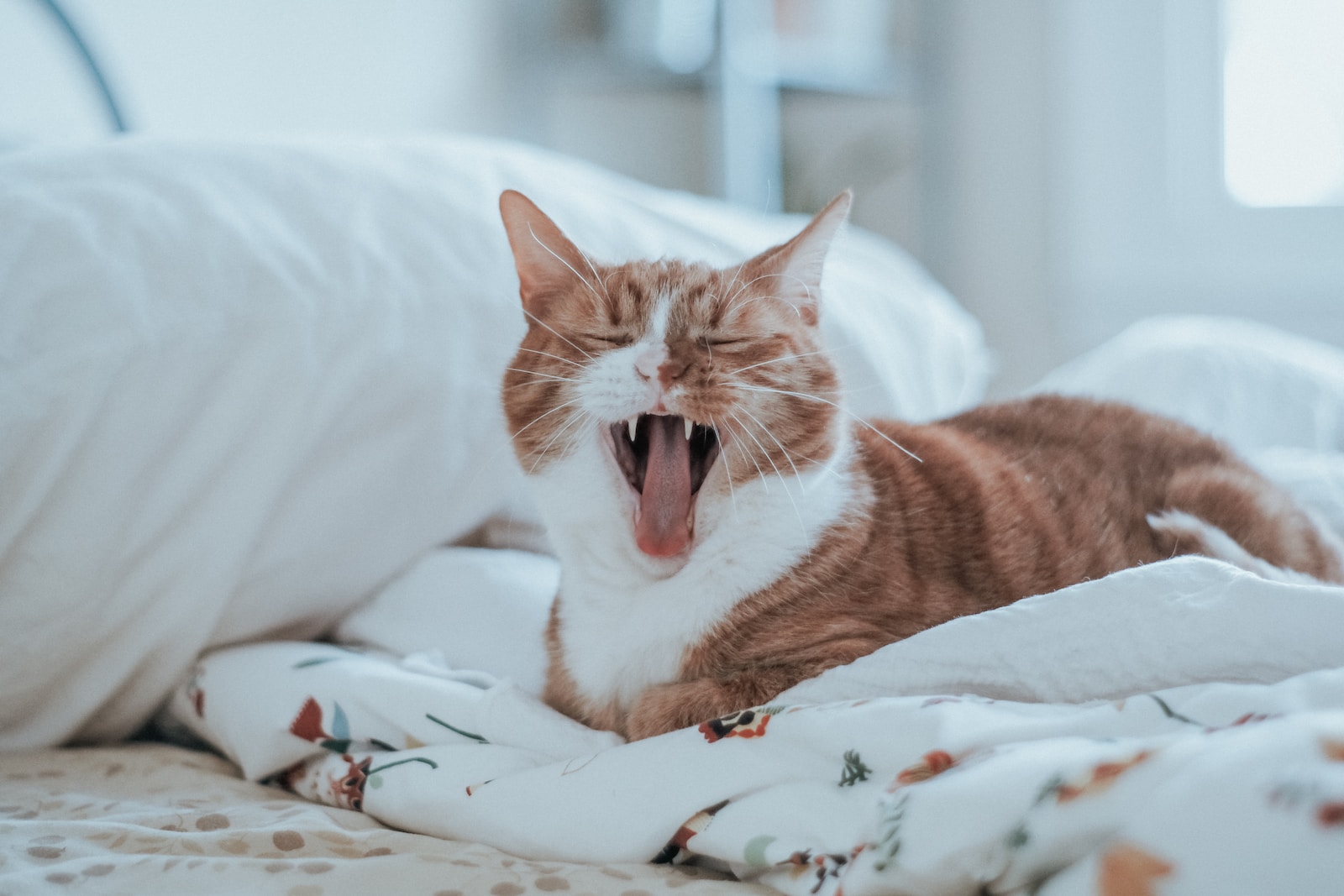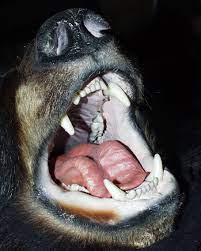How to prevent and treat common dental problems in cats
Calling all cat lovers! As much as we adore our furry friends, it’s essential to ensure that they receive proper dental care. Without adequate attention and prevention, cats can develop various dental problems such as bad breath, gum disease, and tooth decay. Not only can these issues lead to discomfort for your feline companion, but they can also have harmful consequences on their overall health.
So, let’s roll up our sleeves and dive into practical steps on how to prevent and treat the most common dental problems in cats. Get ready for some paw-some advice that will keep your cat’s smile shining bright!
Why is Dental Health Important to Cats
Dental health is important for cats because it can impact their overall health and quality of life. Cats use their teeth to catch and eat their food, so if their teeth are in poor condition, they may have difficulty eating and obtaining the necessary nutrients.
Poor dental health can also lead to a range of other health problems, such as gingivitis, periodontal disease, and oral infections. These conditions can cause pain, inflammation, and even tooth loss, making it difficult for cats to eat and causing them discomfort.
In addition, oral infections and inflammation can spread to other parts of the body, such as the heart and kidneys, potentially causing serious health problems.
Regular dental check-ups and cleanings can help prevent dental problems and ensure that any issues are detected and treated early. Additionally, feeding cats a healthy diet and providing them with appropriate toys and chews can help keep their teeth and gums healthy.
What are the most common dental problems in cats?
Here are some additional dental problems that can affect cats:
Oral tumors: Cats can develop tumors in their mouths, which can cause problems with eating and oral pain. Some tumors may require surgery to remove, while others may require other treatments such as radiation therapy.
Stomatitis: This is a painful inflammation of the mouth that can be caused by a variety of factors, including dental problems, immune system disorders, and infections. Stomatitis can cause severe oral pain and may require treatment such as medication, extraction of affected teeth, or immunosuppressive therapy.
Abscesses: Cats can develop abscesses in their mouths, which can cause swelling, pain, and fever. Abscesses can be caused by tooth infections or trauma and may require antibiotics and drainage.
Malocclusion: This is a condition where the teeth do not line up correctly, which can cause problems with eating and may lead to dental problems such as tooth wear and fractures. In severe cases, corrective dental procedures may be necessary.
Bad breath: Bad breath, or halitosis, is a common dental problem in cats and can be caused by a variety of factors, including dental disease, infections, and gastrointestinal problems. Addressing the underlying cause of bad breath is important to prevent further dental problems.
Regular dental check-ups and home care can help prevent dental problems from occurring in the first place. If you notice any signs of dental problems in your cat, be sure to consult with your veterinarian as soon as possible to prevent further damage.
How can you prevent them?
Preventing dental problems in cats is important to ensure their overall health and well-being. Here are some tips to help prevent common dental problems in cats:
Regular dental check-ups: Schedule regular dental check-ups with your veterinarian to ensure your cat’s teeth and gums are healthy. Your veterinarian may recommend professional dental cleanings as necessary.
Brush your cat’s teeth: Brush your cat’s teeth regularly with a soft-bristled toothbrush and veterinary-approved toothpaste. This can help prevent the buildup of plaque and tartar.
Provide dental treats and toys: Provide your cat with dental treats and toys that are specifically designed to help clean their teeth and massage their gums. Chew toys, dental treats, and food designed to promote dental health can help prevent the buildup of plaque and tartar.
Feed a healthy diet: Feeding your cat a healthy and balanced diet can help promote dental health. Avoid feeding your cat soft, sticky, or sugary foods, as these can increase the risk of dental problems.
Monitor your cat’s teeth: Regularly check your cat’s teeth and gums for signs of dental problems, such as redness, swelling, or bleeding. Also, monitor your cat’s eating habits and look for signs of difficulty eating or pawing at their mouth, which could indicate a dental problem.
Consider dental sealants: Your veterinarian may recommend dental sealants, which are coatings applied to the surface of your cat’s teeth to help prevent the buildup of plaque and tartar.
How can you treat them if they happen?
There is no one definitive answer to this question since the best way to treat dental problems in cats will vary depending on the specific situation. However, some general tips that may be helpful include providing a healthy diet and water diet, regularly brushing their teeth, and seeking veterinary advice if they develop any signs of oral health problems.
If left untreated, dental problems can lead to infection, damage to nearby teeth or gums, or even tooth loss.
If your cat has sustained serious damage from a dental problem, treating requires a proper diagnosis by a veterinarian and may involve a combination of treatments. Here are some common treatments for dental problems in cats:
Professional dental cleaning: If your cat has dental disease, your veterinarian may recommend a professional dental cleaning. This involves cleaning the teeth under anesthesia to remove plaque, tartar, and other debris from the teeth and gums.
Tooth extraction: In some cases, a damaged or infected tooth may need to be extracted. This may involve removing the tooth under anesthesia and providing pain management during recovery.
Antibiotics: If your cat has a bacterial infection in the mouth, your veterinarian may prescribe antibiotics to help clear the infection.
Pain management: If your cat is experiencing pain or discomfort due to dental problems, your veterinarian may prescribe pain medication or other treatments to manage their pain.
Home care: After treatment, your veterinarian may recommend home care, such as regular brushing and the use of dental treats and toys to help prevent future dental problems.
It’s important to note that prevention is key when it comes to dental problems in cats. Regular dental check-ups and home care can help prevent dental problems from occurring in the first place. If you notice any signs of dental problems in your cat, such as bad breath, difficulty eating, or pawing at the mouth, be sure to consult with your veterinarian as soon as possible to prevent further damage.
What should you do if your cat has a serious dental problem?
If your cat has a serious dental problem, you should take them to the vet as soon as possible. There are many things that can be done to treat a dental issue in cats, including surgery if necessary.
Some common problems that cats can have with their teeth include oral cancer, periodontal disease, and tooth decay. If you notice any of these problems in your cat, it is important to take them to the vet as soon as possible so they can be treated.
If your cat does not have a serious dental problem, you can try to treat the problem yourself. Some tips for treating tooth decay in cats include giving them a diet that has plenty of dental hygiene ingredients (e.g. bones, raw meat, etc.), providing them with a soak bath every few days to help clean their teeth, and giving them chew toys that they can use to grind down the plaque on their teeth.
Conclusion
Like people, cats can suffer from dental problems. In fact, many of the same issues that affect humans—such as plaque and bacteria build up—can lead to dental disease in cats. If left untreated, this type of oral health issue can cause tooth decay, gum diseases, and more serious conditions like loose teeth and gumounting (tooth loss). To help keep your cat’s teeth healthy and prevent any dental issues from developing in the first place, follow abovementioned tips.
Although dental problems are common in cats, with a little preventive care they can be avoided. By following these tips, you can help keep your cat’s teeth clean and healthy and prevent any serious dental issues from developing.







